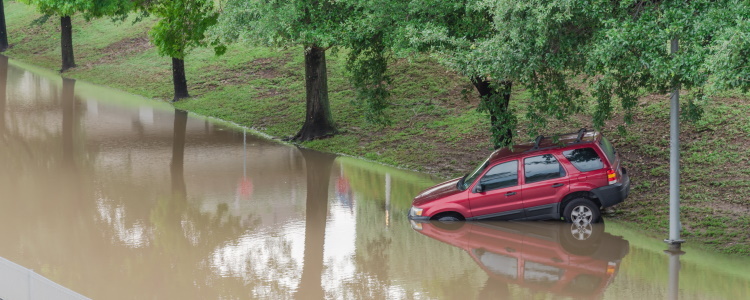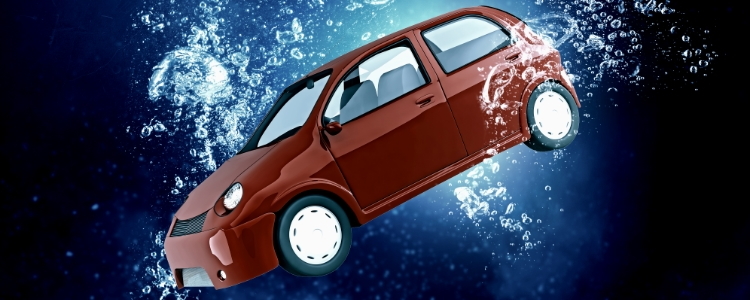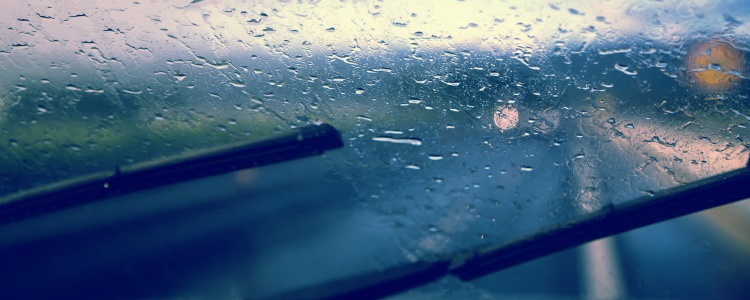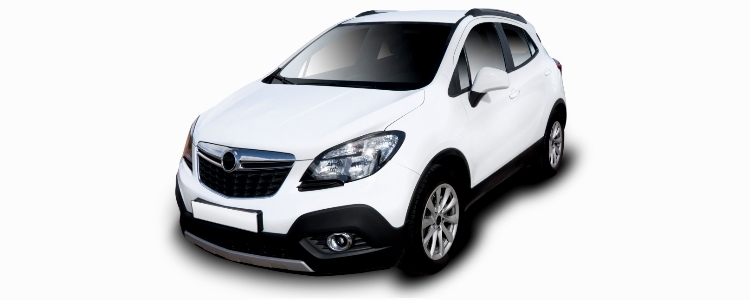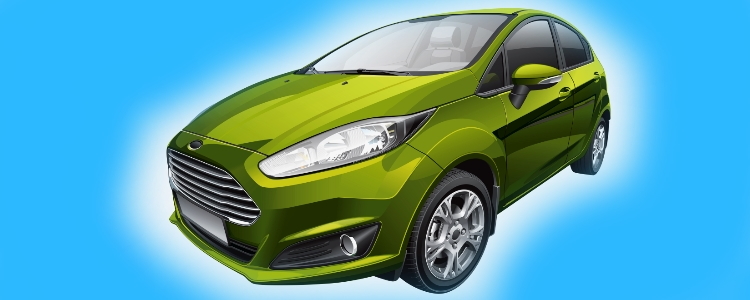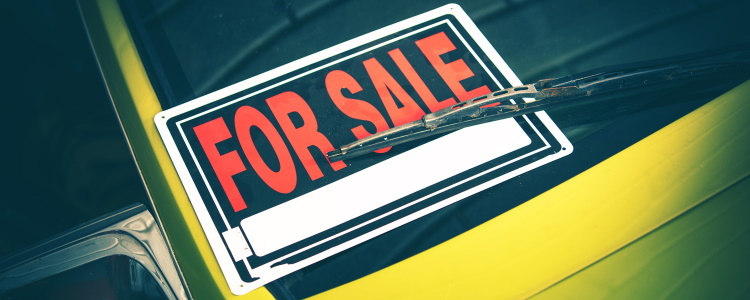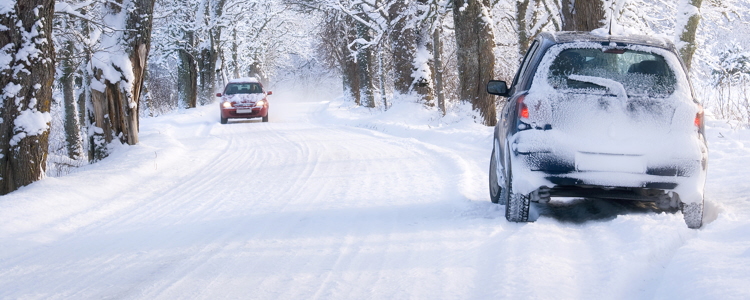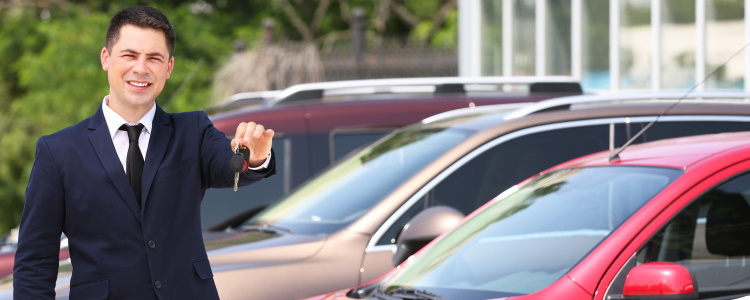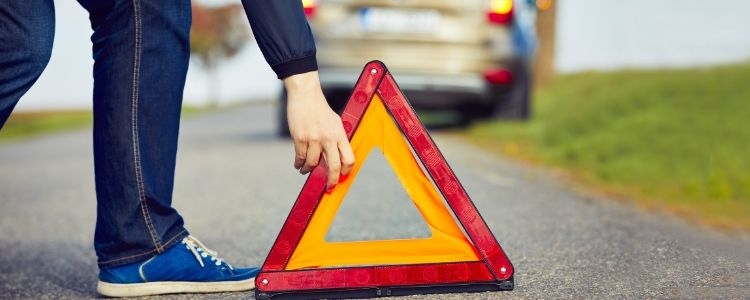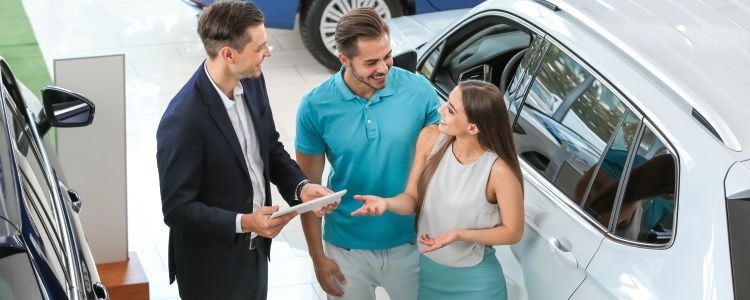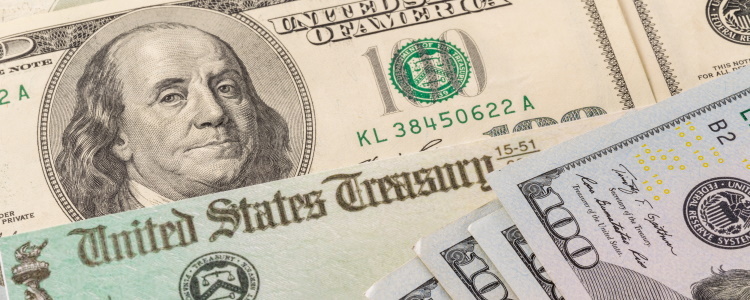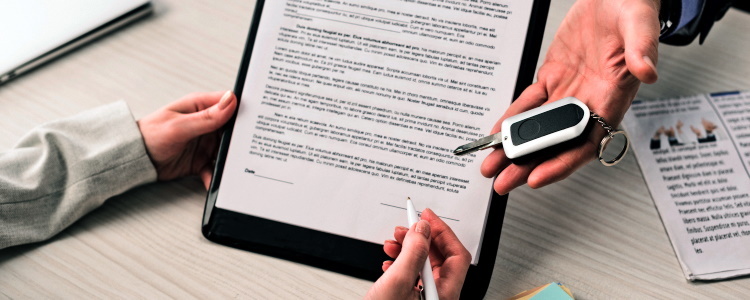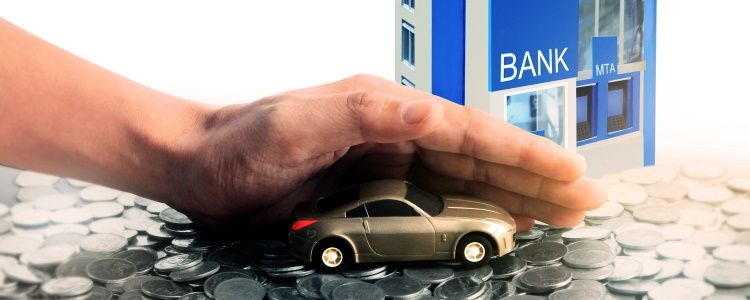As a buyer, it's up to you to know what to look for when you're thinking of buying a used car after hurricane season. Flood-damaged cars have a greater chance of experiencing problems down the line, so they are best avoided. We have some tips to help you know what to look for and what to avoid.
Watch Out for Flooded Cars
As late summer rolls around every year, the threat of hurricane season comes. Every hurricane that makes landfall in the U.S. or flooding event brings another threat that can affect people in a way that not everyone may think of: flood-damaged cars. Often, these vehicles get shipped off to other states to be sold as used cars, and can pose a danger to buyers from unseen issues as a result of flooding.
Water can ruin so many components of a vehicle, and the damage can be lasting. It can take months or years for water damage to cause corrosion, which can wreak havoc on the electronics, rubber gaskets, lubricants, and mechanical systems in a car.
When you're purchasing a used vehicle, no matter if it's from a dealership or a private seller, you should always inspect the car. Your best bet when thinking of purchasing a used vehicle is to have it inspected by a certified mechanic. A professional mechanic may have the knowledge to see issues that are more difficult for the novice car buyer to catch.
Looking for Signs of Flood Damage
You can look for all these signs yourself while doing a pre-purchase inspection of the vehicle. If you see even one of these signs, you should practice extra caution when considering the car in front of you. If you're thinking that you won't have to worry about these issues because you don't live in an area that's typically affected by floods, think again.
Here are a few things to be on the lookout for:
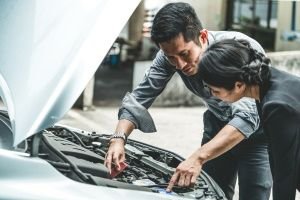 Look for signs of water damage on the vehicle's interior. Check the seats and headliner for discoloration, signs of mold or mildew, or a musty smell. Look under floor mats for signs of caked mud. Also, be wary of new floor mats in an older car. Similar warning signs should alert you if there’s evidence that the seats have ever been removed or replaced in a vehicle.
Look for signs of water damage on the vehicle's interior. Check the seats and headliner for discoloration, signs of mold or mildew, or a musty smell. Look under floor mats for signs of caked mud. Also, be wary of new floor mats in an older car. Similar warning signs should alert you if there’s evidence that the seats have ever been removed or replaced in a vehicle.- Check the lights. Lenses and reflectors in headlights and taillights can show visible water lines that are a dead giveaway a car has sat in water.
- Pay extra attention to places that are hard to clean. This means checking the gaps between panels in the trunk, the doors, and the dash, as well as under the hood for signs of mud and other debris that may have been overlooked in a post-flood cleaning. Look carefully at the bottom edges of panels or brackets that wouldn't typically be covered in dirt.
- Are there signs of rust? Most vehicles that have survived a flood show signs of rust and corrosion on bare metal fairly quickly, so be sure to check for it. Look at any exposed screws that are under the dashboard or under the hood.
- Look for signs of drain plug removal. If a car has sat in water, there's a good chance that the drain plugs in the bottom of the doors and under the vehicle have been removed. These allow the water to drain from the car, so be on the lookout for signs these have been removed or replaced.
Selling Flood-Damaged Vehicles
Water-damaged vehicles often flood the used car market after a big storm, such as Hurricane Hanna, which made landfall near Houston, Texas in late July 2020. Anywhere there's a flood, there's potential for vehicles that were flooded to get moved to an area where a buyer may not think to check for flood damage.
How do flood-damaged cars make it to the used vehicle market to be resold? The answer lies in the title. Not all states have the same rules and regulations when it comes to titling a car. Often, flood-damaged vehicles are declared a total loss by an insurance company, which earns them a new title and brands the car salvage or flood.
Normally, a vehicle with a branded title can only be sold to a junkyard, or is sold for parts. Cars branded as salvage or flood vehicles can't be registered for driving until they've been repaired and had enough parts replaced to earn them a rebuilt title, allowing them to once again be registered for a consumer.
Most states have their own systems for designating brands on titles, and they don't always match up. If a car has been damaged by a flood, a seller may take the opportunity to bring it to a state with different and often more lax title regulations. Then, by titling this vehicle in a different state, they essentially erase the record of damage. This is called title washing, and it's illegal to do knowingly.
Worried About Buying a Used Car?
Just because you need to be more careful after storm season doesn't mean that you should avoid all used cars. Now that you know what to look for, you're more prepared to protect yourself when you're searching for another vehicle.
Typically, looking for a used car at a dealership gives you a better chance of choosing a vehicle that hasn't been affected by a flood. In theory, all used cars put on a lot should be inspected. You're likely to have an easier time with this if you're searching for a vehicle at a franchised dealer, since most also don’t accept cars with branded titles.
For the most protection you can get from a used vehicle, it may be worth it to look into a certified pre-owned (CPO) car. CPO vehicles are inspected and refurbished by manufacturer-certified mechanics before they make their way back to a car lot. These vehicles carry some sort of manufacturer-backed warranty, which may give you peace of mind and save you money on potential repairs down the road.
Ready to Look for Your Next Auto Loan?
Currently, more and more people are on the lookout for affordable used cars to finance due to the rising cost of new vehicles, and the uncertainty of our near-future economy due to the coronavirus pandemic. If you're considering financing a car, make sure to get a vehicle history report, check any potential purchase thoroughly, and have a certified mechanic inspect it.
If you need a car, but aren't sure where to go due to credit issues, we want to help. Here at Drivers Lane we specialize in matching consumers with dealerships that are signed up with bad credit lenders.
To get the process of getting into your next auto loan started, simply fill out our free car loan request form, and we'll get right to work for you!
